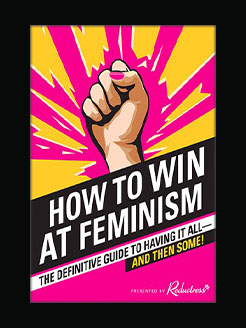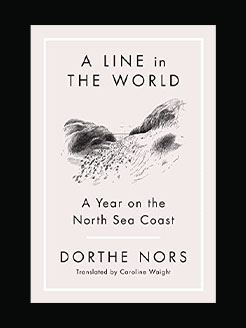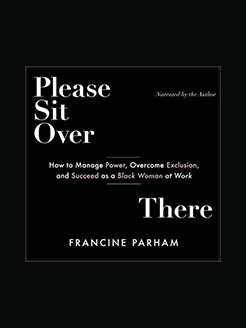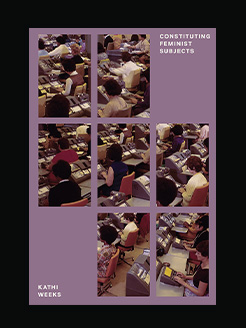Published in 2023
9 hours and 48 minutes
Kristen R. Ghodsee is a Professor of Russian and East European Studies at the University of Pennsylvania and the critically acclaimed author of Why Women Have Better Sex Under Socialism: And Other Arguments for Economic Independence, which has been translated into fourteen languages. Her writing has been published in The New York Times, The Washington Post, The New Republic, Le Monde Diplomatique, and Jacobin, among other outlets, and she’s appeared on PBS NewsHour and France 24 as well as on dozens of podcasts, including NPR’s Throughline and New York magazine’s The Cut. She lives outside of Philadelphia.
What is this book about?
A dazzling tour through 2,000 years of audacious utopian thinking and experiments, exploring better ways to arrange our daily lives, plus a globetrotting jaunt to the communities already putting these seemingly fanciful visions into practice today.
In the 6th century BCE, the Greek philosopher Pythagoras—a man remembered today more for his theorem about right-angled triangles than for his progressive politics—founded a commune in a seaside village in what’s now southern Italy. The men and women there shared their property, lived as equals, and dedicated themselves to the study of mathematics and the mysteries of the universe.
Ever since, humans have been dreaming up better ways to organize how we live together, share our property, raise our children, and determine who’s part of our families. Some of these experiments burned brightly for only a brief while—but others carry on today.
In Everyday Utopia, fascinatingly feminist thinker Kristen R. Ghodsee whisks you away on a tour through history and around the world to explore those places that have boldly dared to reimagine how we might live our daily lives: from the Danish cohousing communities that share chores and deepen neighborly bonds to matriarchal Colombian ecovillages where residents grow all their own food; and from Connecticut, where new laws make it easier for extra “alloparents” to help raise children not their own, to China, where planned microdistricts ensure everything a busy household might need is nearby.
One of those startlingly rare books that upends what you think is possible, Everyday Utopia offers a radically hopeful vision for how to build more contented and connected societies, alongside a practical guide to what we all can do in the meantime to live the good life each and every day.







